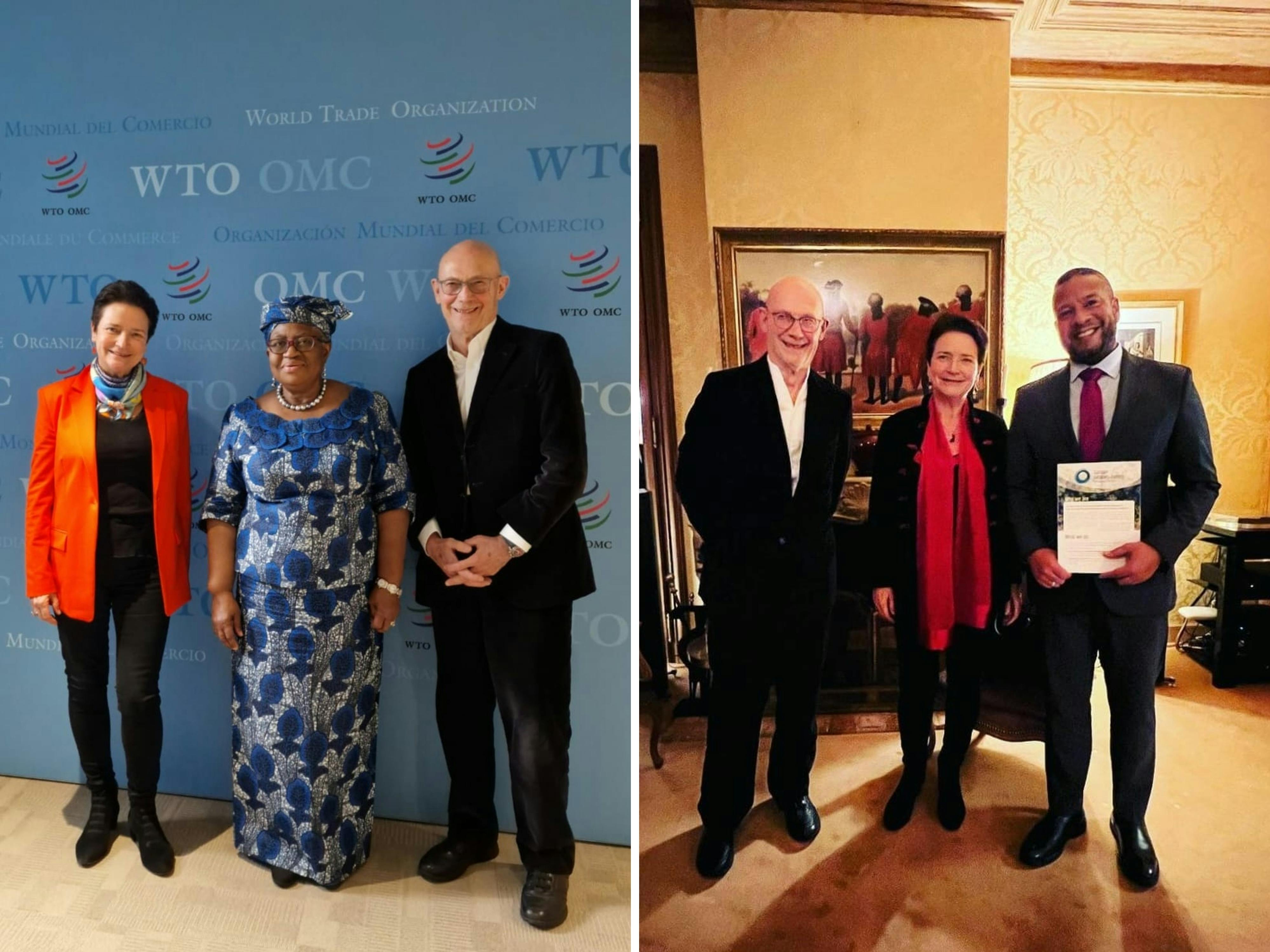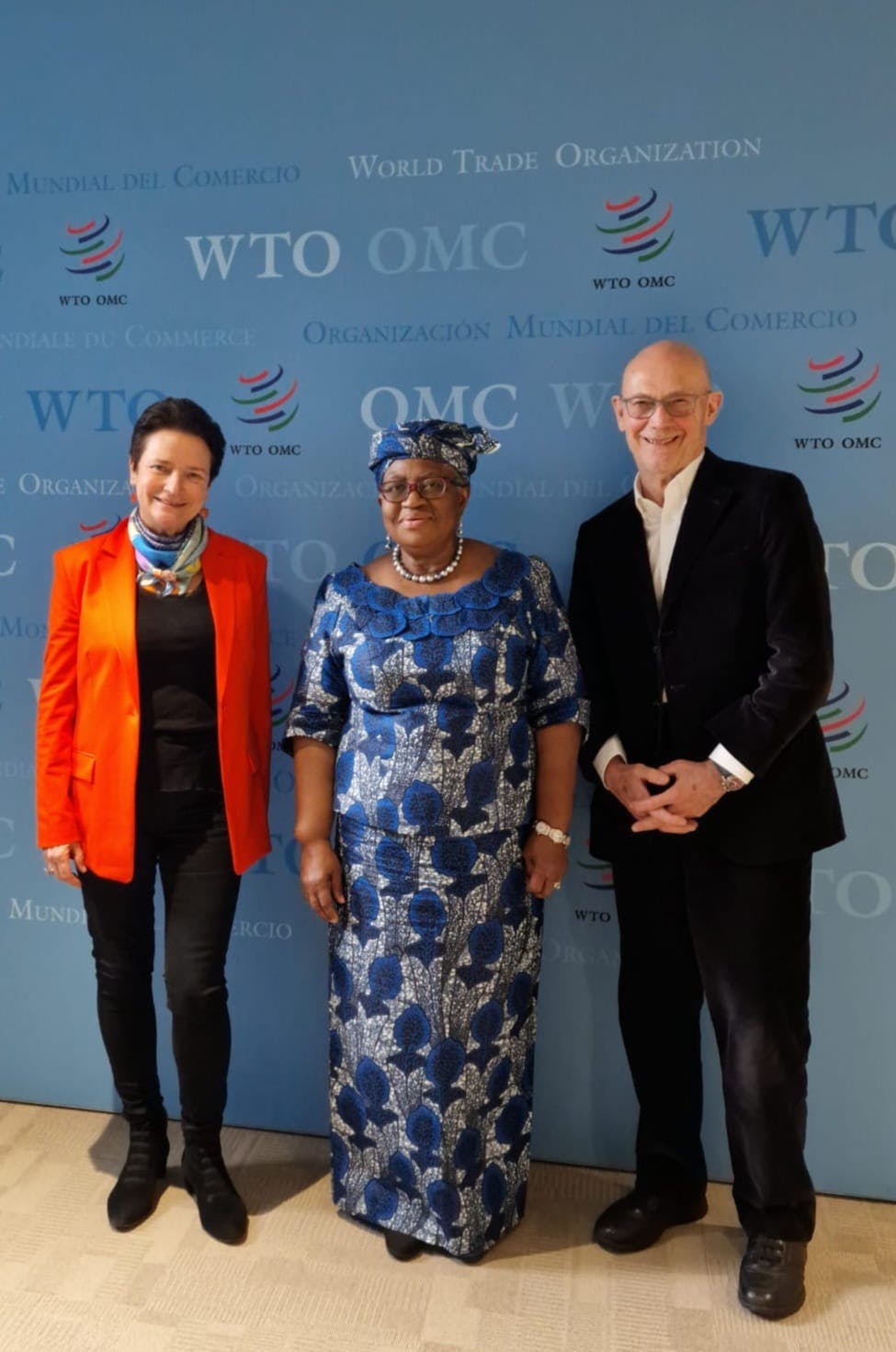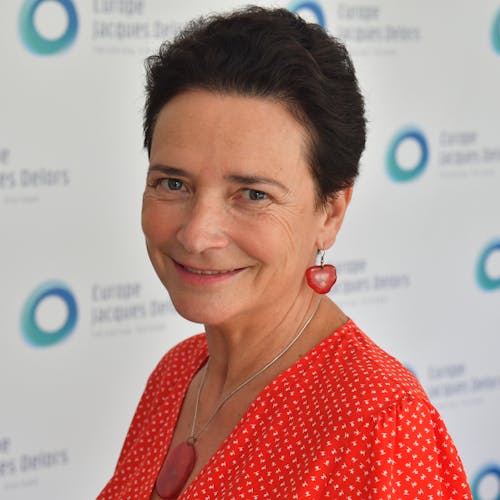Back from Geneva
We listened a lot, argued a bit, but their message was loud and clear: “The European Union (EU) may be doing the right thing to save the planet, but it does it in a way that may damage our future.”
Our conclusion of this visit was clearly that trade and the environment are not the only issues at stake and that the development dimension must be factored in.
The Carbon Border Adjustment Mechanism (CBAM) was not the main worry, as its intentions and rationale have been well explained even if its impacts have still to be managed. It was rather the deforestation free products regulation, or the corporate sustainability due diligence directive, not concerted before, not sufficiently explained, and not yet accompanied by supporting policies. Some evoke “regulatory imperialism”, others fear a “green panic”. The EU seems blind when faced with the impact of greening EU trade on exports from poor countries who need access to the vast EU market to grow their economies.
A complex issue, for sure, as long as the EU green deal trajectory, the most ambitious so far, puts us ahead of others and necessitates a greening of our trade policy which EJD has been advocating for throughout the past three years. Our conclusion of this visit was clearly that trade and the environment are not the only issues at stake and that the development dimension must be factored in.
How to do that? EJD will soon initiate a new work stream to research and propose possible solutions. For many reasons, geopolitical as well as geoeconomics ones, the EU needs a new kind of partnership with the South and the trade-environment-development triangle could be at its core.
This is just another illustration of the lasting relevance of the sustainable development philosophy. Its three dimensions - economic, social and environmental - are all necessary to ensure that common actions to preserve our future on this planet will be a success. This is true inside our developed societies as illustrated by the notion of just transition and outside with the notion of climate justice, at the basis of the decision taken in Sharm El Sheikh to establish a loss and damage fund. The Kunming-Montreal Global Biodiversity Framework also contains proposals to increase finance to developing countries which has been a major sticking point during talks. Last but not least, what could be called “marine justice” is at the core of the new BBNJ agreement. Developing countries will be supported in their implementation of the new treaty by a strong capacity-building and marine technology transfer component and by an equitable mechanism for sharing the potential benefits of marine genetic resources.
Trade cannot be apart. We will succeed in putting it at the service of a healthier planet if we can bring developing countries into the process by offering them the financial and technological support they need to green the products they trade.
The other side of the coin of promoting the green transition globally is to lead by example. Only if the EU is credible in its actions will it be able to make a difference on the world stage. The implementation of the European Green Deal, and more specifically of the Farm to Fork Strategy, has however seen some relevant setbacks over the course of the past year. In our latest publication, we identify how food security concerns, raised and exacerbated since Russia’s invasion of Ukraine, have shaped political positions on relevant F2F initiatives, and what lessons can be learnt for the future of EU agri-food policy.



